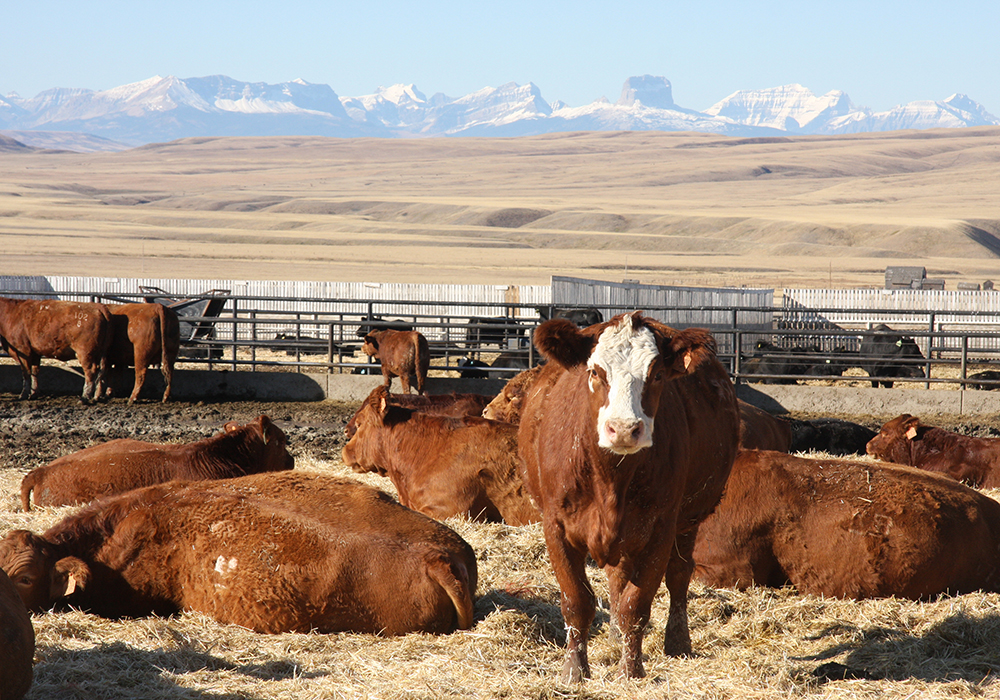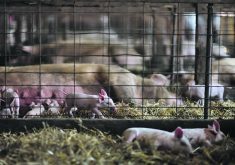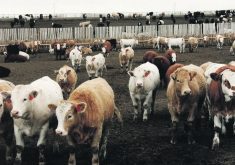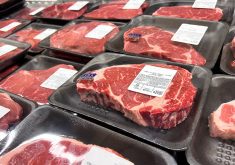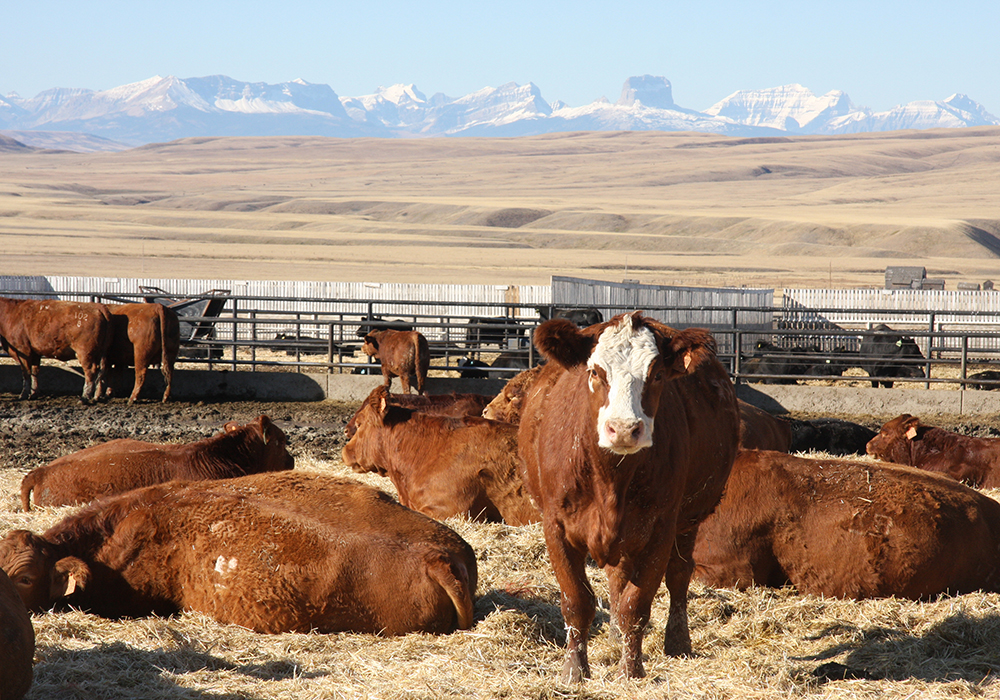The Canadian Cattlemen’s Association is working with allies in every cattle-producing state in the United States to prevent a new version of mandatory country-of-origin labelling from affecting trade.
In a media briefing following the CCA’s annual meeting, executive vice-president Dennis Laycraft said the idea of reviving COOL has been raised by U.S. President Joe Biden’s administration.
“We know there’s going to be an effort to do that,” said Laycraft.
U.S. Agriculture Secretary Tom Vilsack has said any new version would have to be compliant with World Trade Organization rules. Canada fought and won a WTO challenge of COOL legislation enacted by the U.S. in 2008.
Read Also

Beef check-off collection system aligns across the country
A single and aligned check-off collection system based on where producers live makes the system equal said Chad Ross, Saskatchewan Cattle Association chair.
It required meat processors to label Canadian-origin product separately, which resulted in American reluctance to buy Canadian cattle due to the extra cost of segregation and labelling.
The WTO ruled in 2015 that COOL violated world trade rules because it imposed a disproportionate burden of record-keeping and source verification. While in effect, the legislation cost an estimated $1.1 billion to the red meat industries in Canada and Mexico.
“We have maintained our rights under the WTO by winning the case a number of years ago, which led to the repeal of COOL that if they brought back a measure that isn’t in compliance with the WTO, that we could legally put up to $1 billion in tariffs in place,” said Laycraft.
“They then would have to take Canada to the WTO to prove that that measure was WTO compliant. So we’re in a much better position now but there is a clear risk.”
However, if a new version of COOL is labelled voluntary, it might be considered de facto mandatory, with the risk that it could be deemed WTO compliant.
“If we considered the way they constructed it as a voluntary program that it is de facto mandatory, it would be our advice that we respond the same way as if they brought in… one that is labelled mandatory because its effectively the same result,” Laycraft added.
“In that case, we’d be looking to the government of Canada to take steps to put those tariffs in place until they dropped that measure or changed it so it wasn’t in effect a de facto mandatory measure.”
A number of American agricultural groups favour COOL but the powerful National Cattlemen’s Beef Association and the American Farm Bureau are against it.




